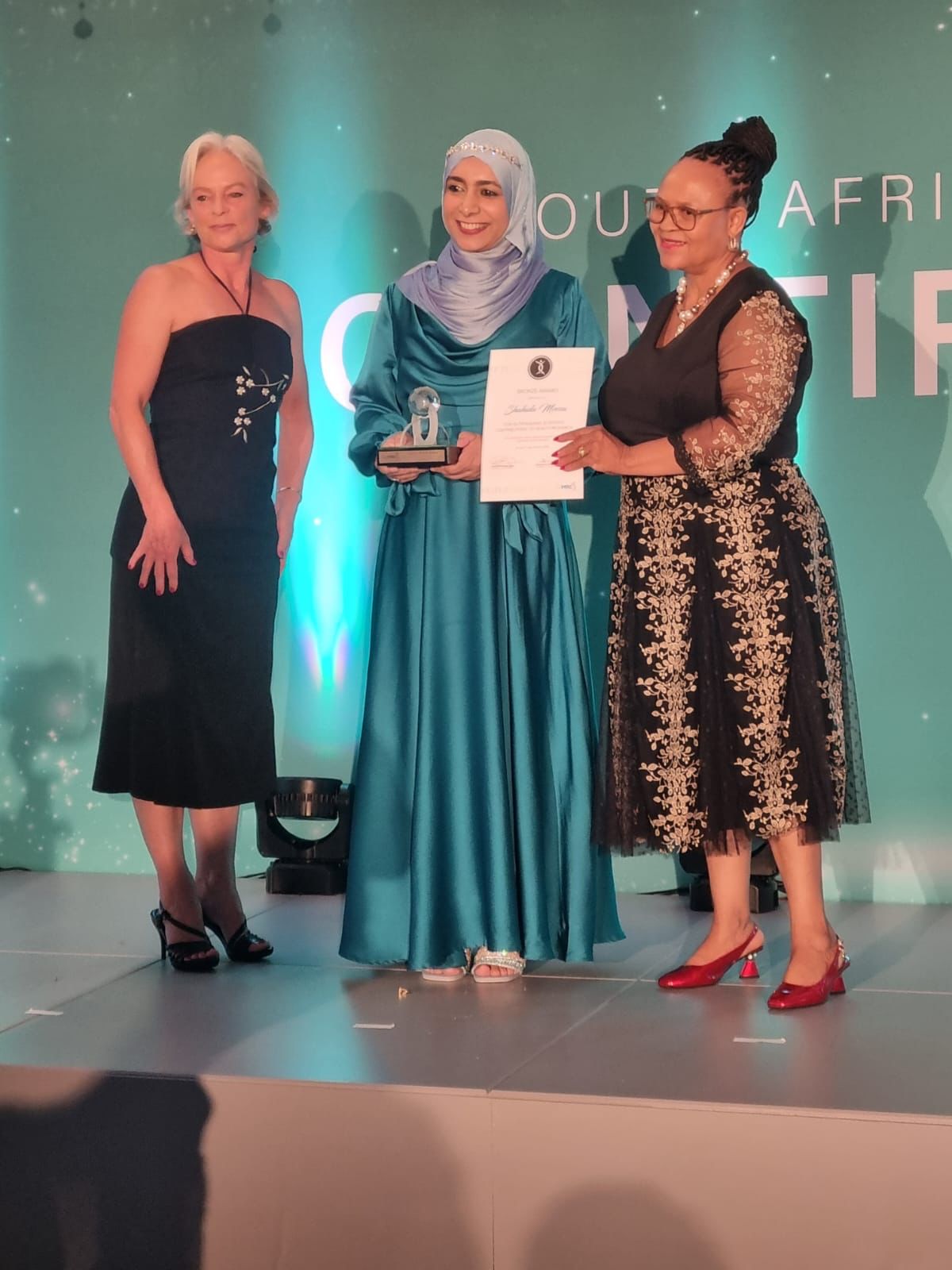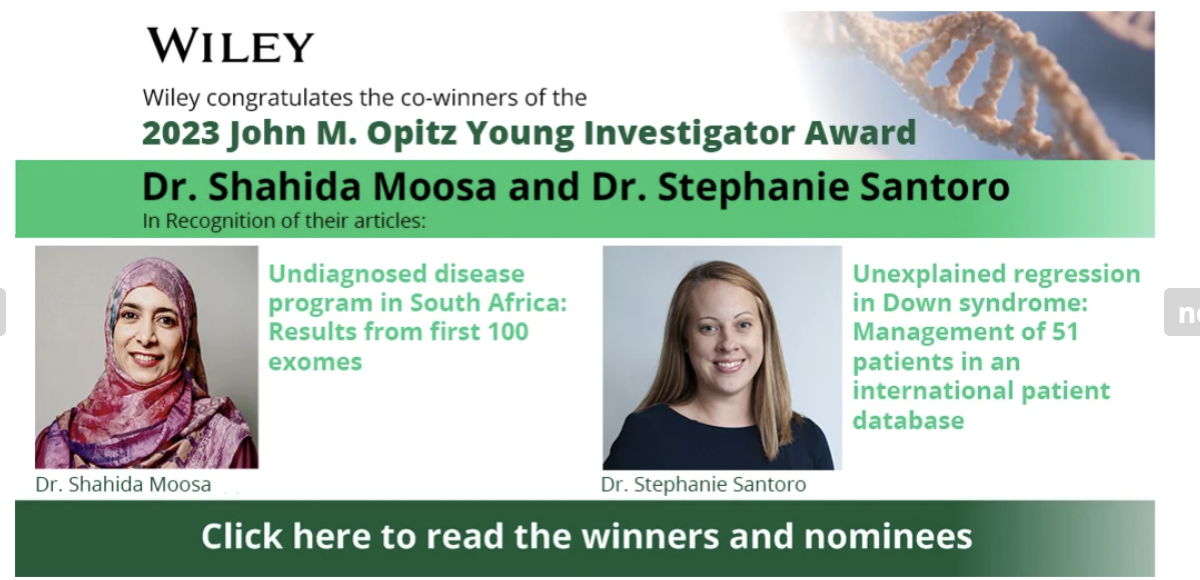UNDIAGNOSED DISEASE PROGRAMME
The Undiagnosed Disease Programme in South Africa (UDPSA) is the first UDP in sub-Saharan Africa. See more details about our state-of-the-art laboratory and genomics facilities here.
***NEWS*** Prof Shahida Moosa has been awarded the 2024 SAMRC Bronze Award for scientific excellence!

**NEWS** Prof Shahida Moosa has been awarded the 2023 John M. Opitz Young Investigator award for our publication in the American Journal of Medical Genetics, reporting on the success of the UDP! See more info and read the paper here

We have enrolled over 1000 families into the UDP from across southern Africa. To date, approximately half have been sequenced. Unlike programmes overseas, we are not able to access trios, so >90% of our patients are run as solo-samples. The first 2 years of the programme, we focussed mainly on children who were undiagnosed and used exome sequencing to find a diagnosis for 50% of them. The bioinformatics pipelines have been optimised for short-read-based clinical genomics in Africa. Please read the first report on the success of the UDP here.
The next chapter begins now.
- We are expanding the reach of the UDP to include several partners in southern and east Africa
- Different technologies are being explored. We are currently running the first clinical whole genomes to be done in Africa (run on our in-house Illumina NovaSeq6000 machines). WGs. On African patients. With analysis by African scientists and clinicians.
- Novel gene discovery is ongoing. Roughly half of our tested patients have a diagnosis, the other half is waiting to be diagnosed. We believe several of them harbour variants in novel genes.
Anyone interested in joining the research group to contribute to this effort, please contact our PI, Prof Shahida Moosa, on shahidamoosa@sun.ac.za and follow us on Twitter, Instagram and Facebook (@RareDiseaseGenomicsRSA and @shahida_moosa)
For clinicians wanting to refer patients to be included in the UDP, please email shahidamoosa@sun.ac.za
- Eligibility criteria: suspected rare genetic disorder, still undiagnosed at time of recruitment, in-depth clinical information available, and signed informed consent. Patients do not need to have undergone extensive prior genetic testing. For patients who cannot be seen in person at Tygerberg Hospital/Stellenbosch University, clinical information and clinical photographs will need to be reviewed prior to inclusion. We welcome collaborations from other parts of sub-Saharan Africa where access to medical genetics and genomic testing is limited.

